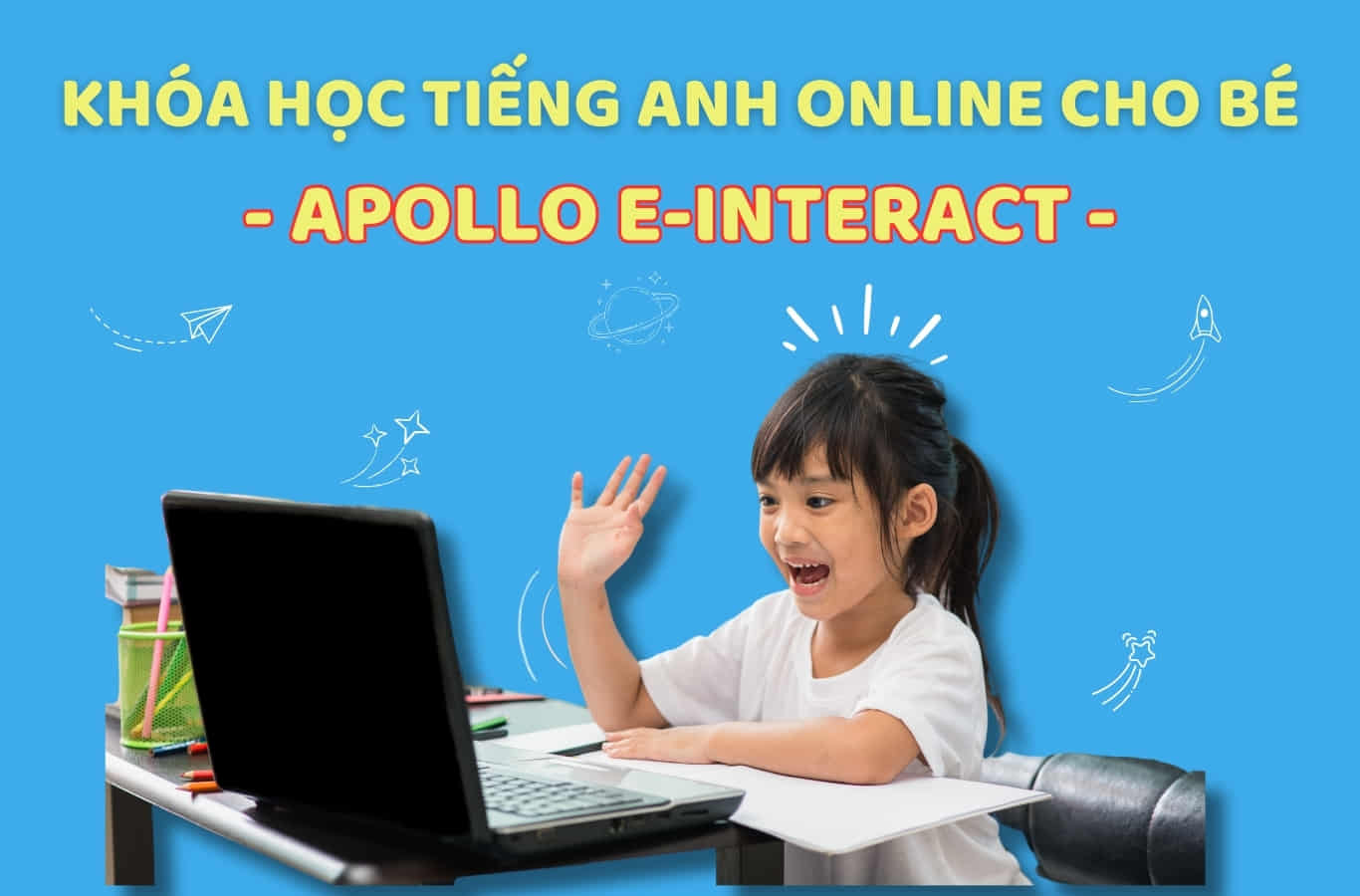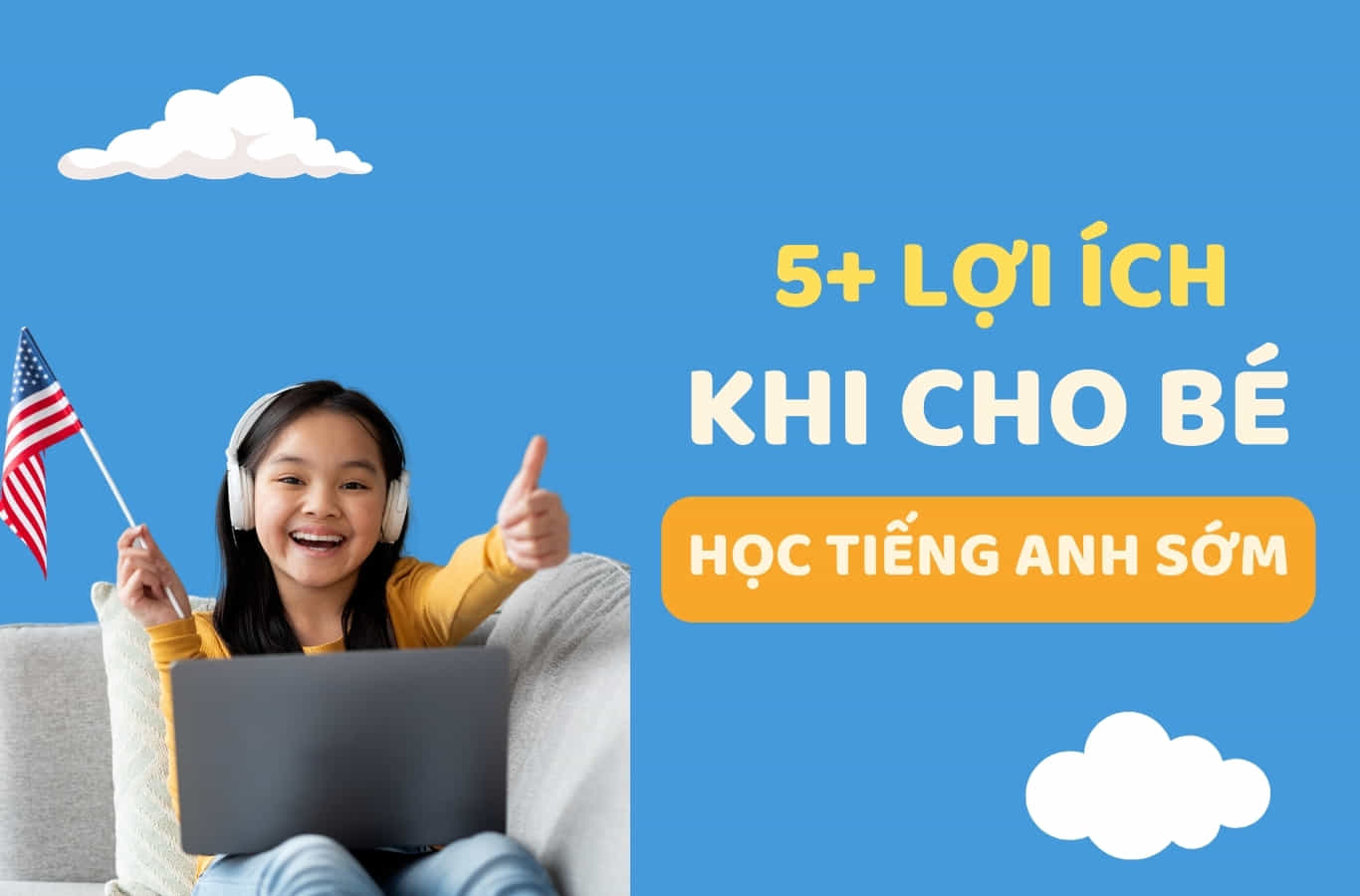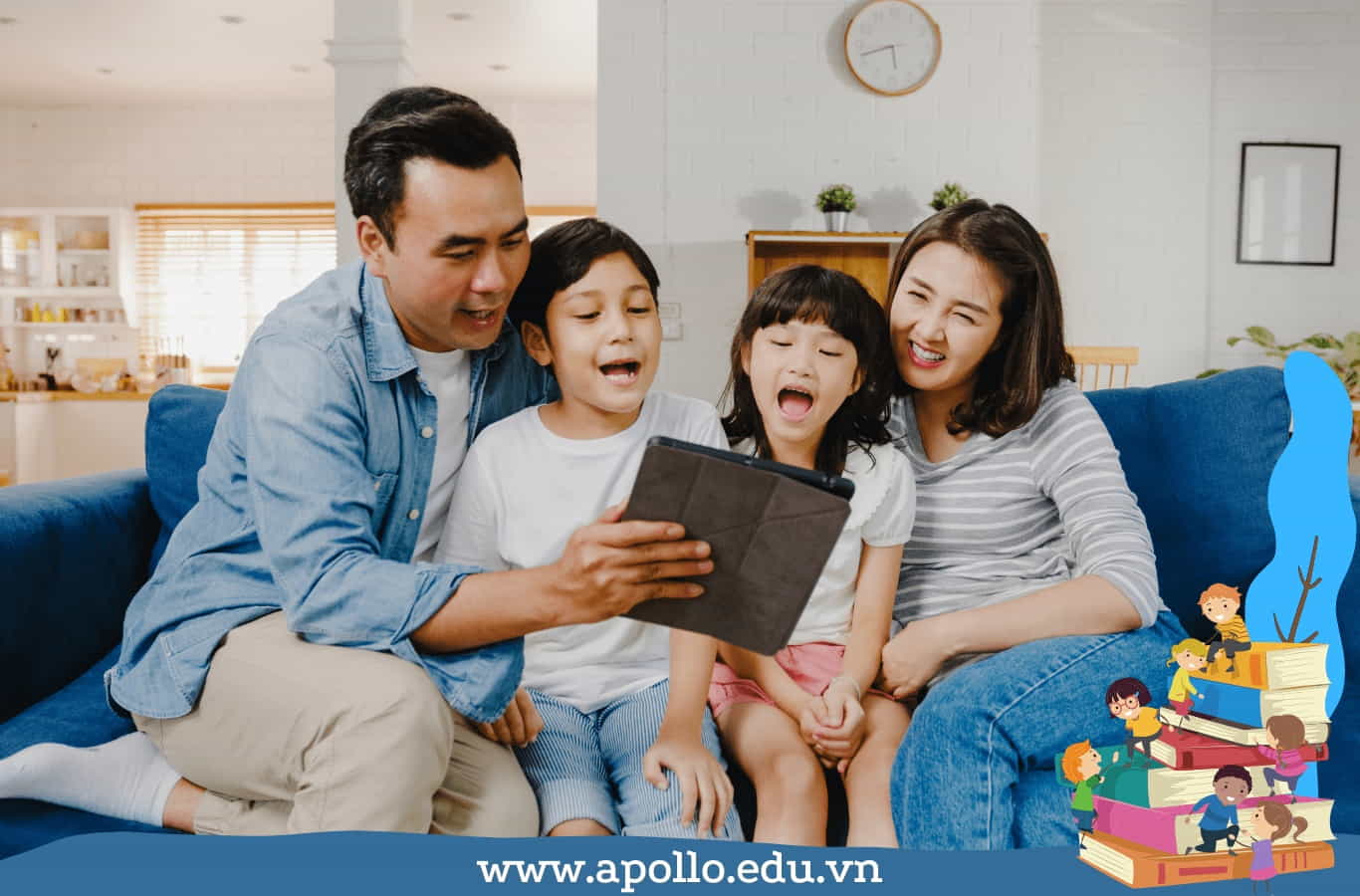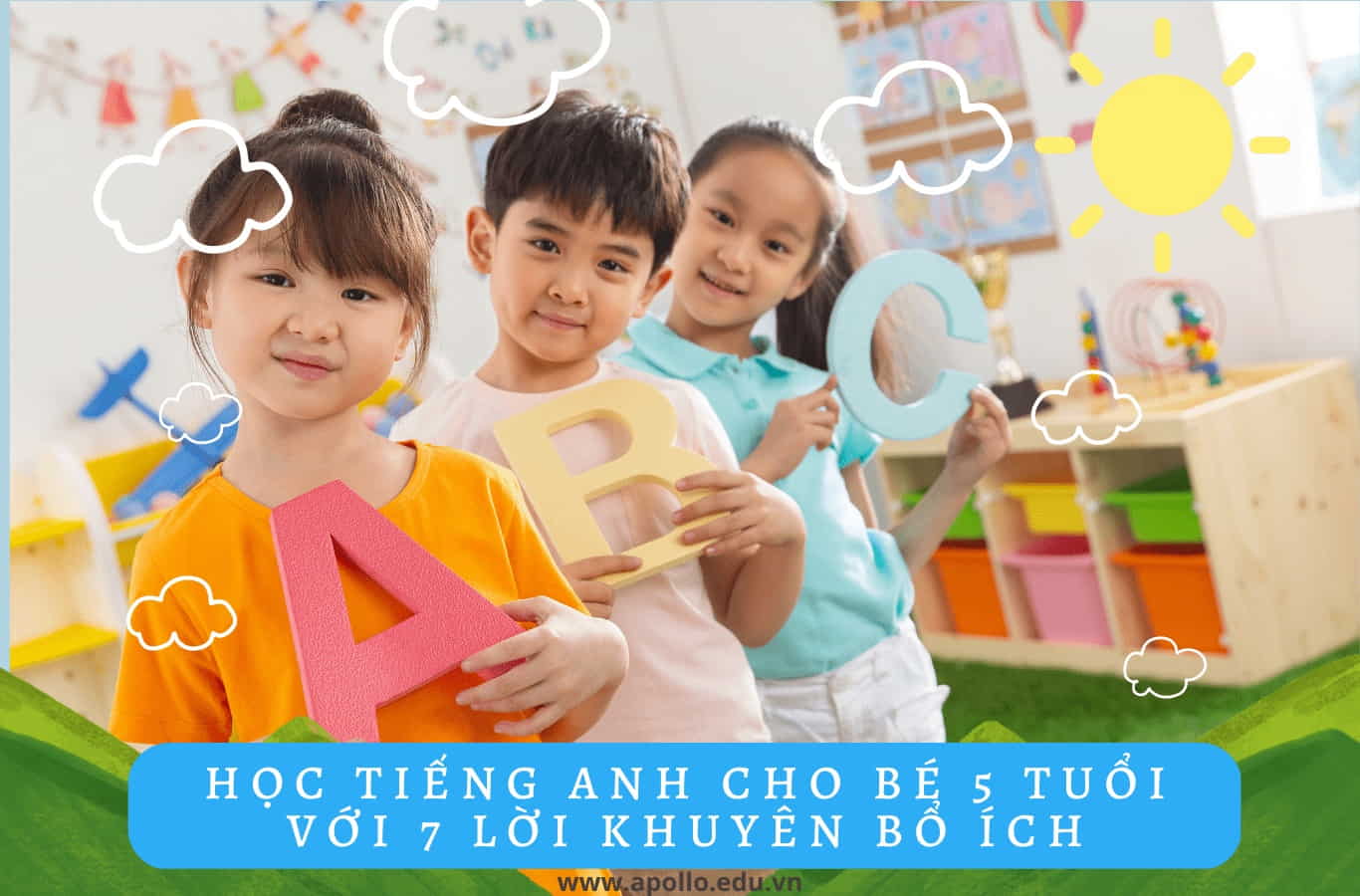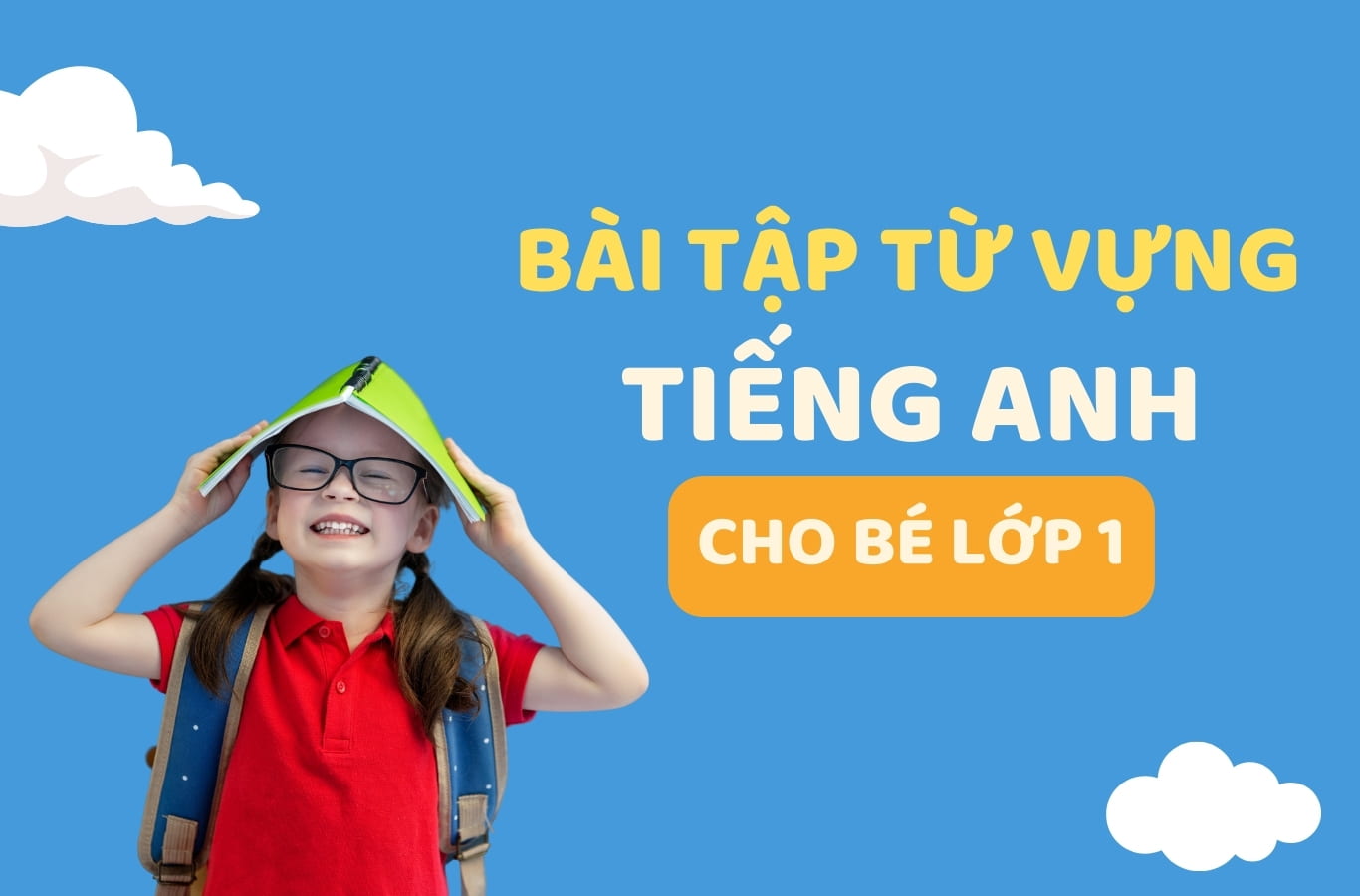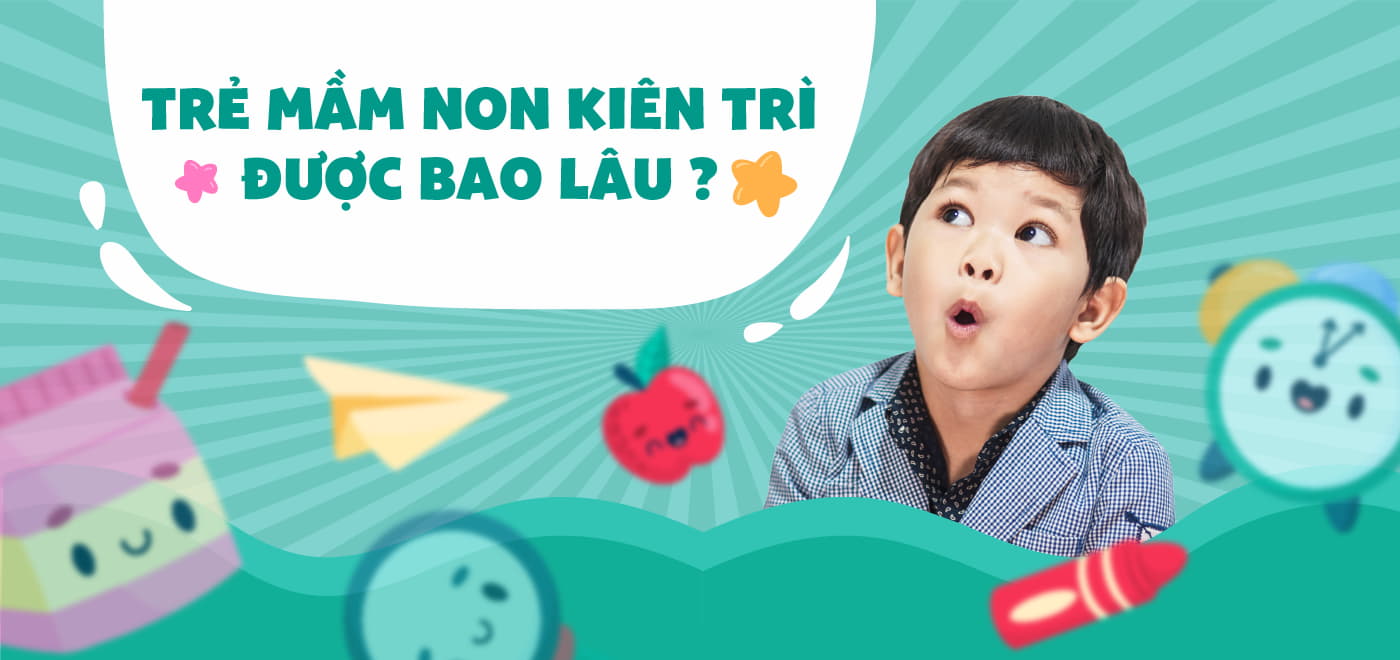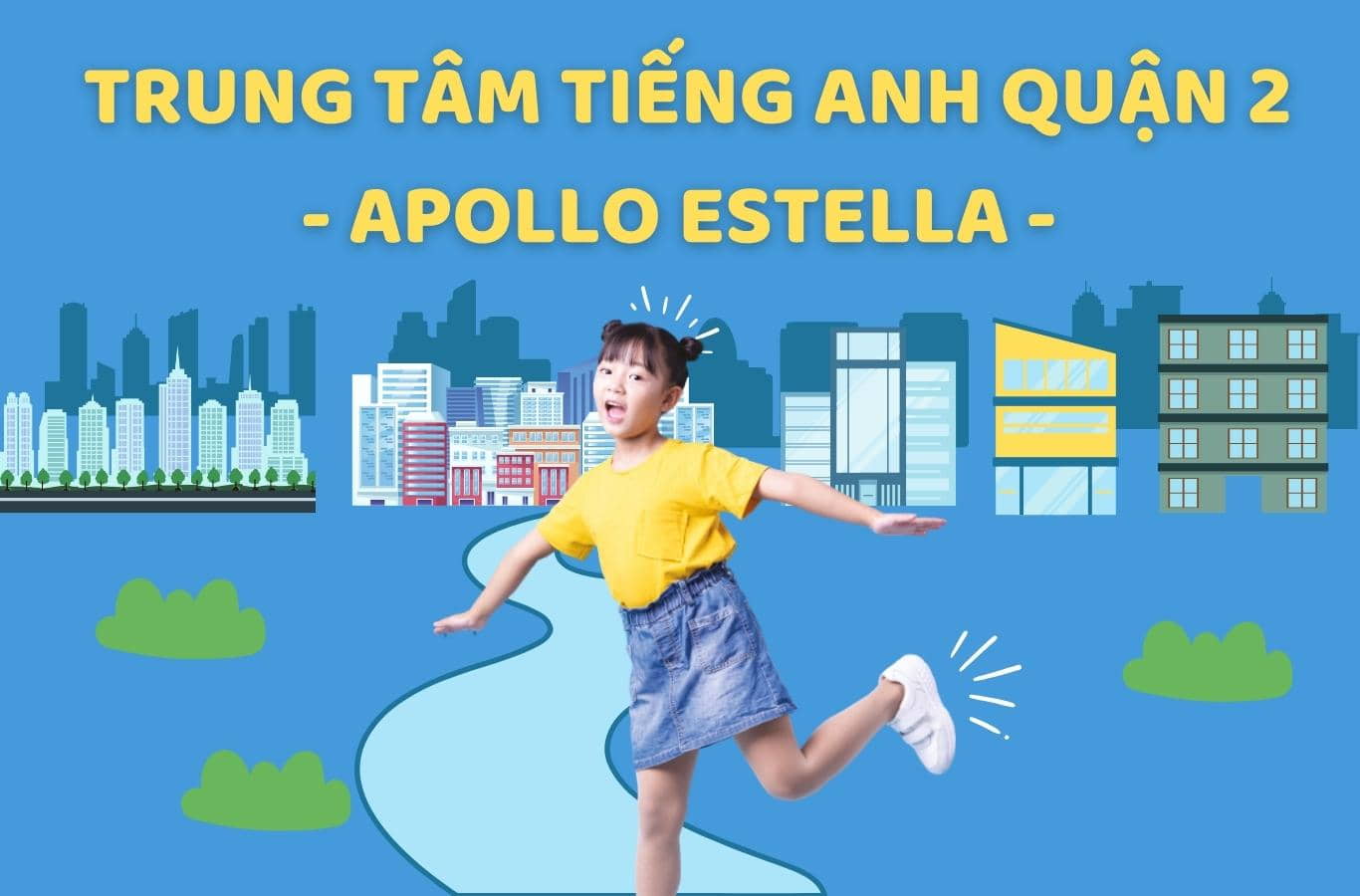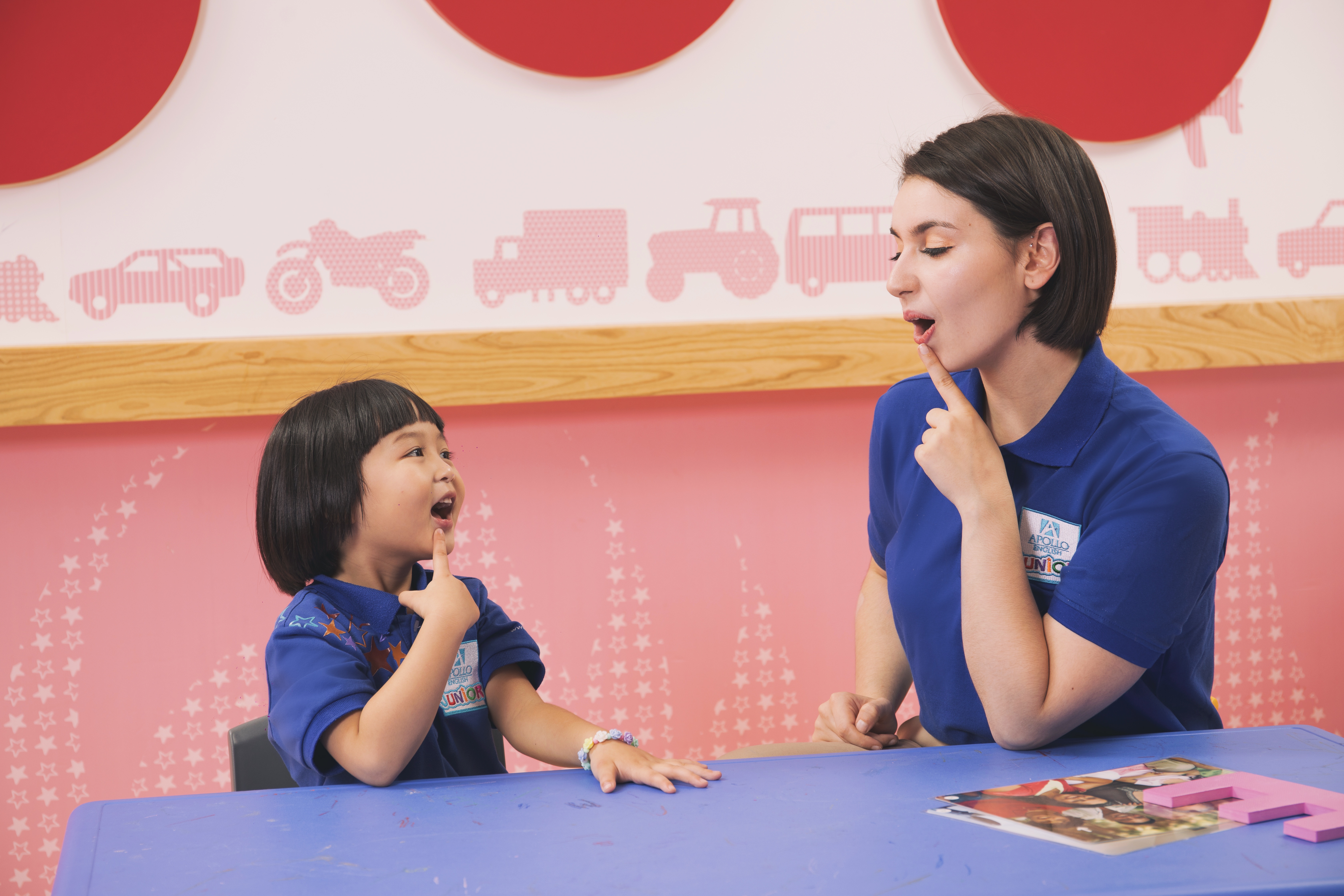02. METHODS OF LEARNING
CHAPTER 6: DESIGN A BETTER EXPERIENCE
Please try to spend 15 mins brainstorming for yourself, try to answer these questions before reading:
1. What problems do we have in current education systems?
2. What is the ideal education experience for children?
Space for your notes:
.............................................................................................................................................................................................................................................................................................................................…
.............................................................................................................................................................................................................................................................................................................................…
.............................................................................................................................................................................................................................................................................................................................…
.............................................................................................................................................................................................................................................................................................................................…
PAIN POINTS TO SOLVE
It is essential to mention and categorize particular challenges and obstacles the industry is currently facing.
According to the NEXT School, there are six fundamental problems with our current education systems:
INDUSTRIAL AGE VALUES
Students sit and follow instructions all day long. Teachers usually tell students to be quiet, sit nicely, open the textbook to a specific page, and complete a certain activity in a given time. The best student is the one who can follow instructions well. Which worked perfectly in the industrial age, where most people worked in factories, and everything needed to be exact. However, in today’s world, our children won’t be able to flourish just by following instructions. Being a team player and utilizing creative thinking is often more valued now (NEXT School, 2016).
LACK OF AUTONOMY
Students cannot make their schedules and decisions regarding what to do and when to do it. Therefore, they are mostly bored and demotivated when attending school because they have zero control over their learning (NEXT School, 2016).
INAUTHENTIC LEARNING
The current system is designed so that every forty-five minutes or so, we pour the same set of knowledge into our students’ brains. We then expect the students to remember as many facts as possible, and we test it by giving them exams. As this method is not authentic, students forget most of the content just a day after exams. Memorization and retention are the core of today’s learning experience, as test scores are the primary source of value used to measure a student. This creates unhealthy pressure on students, encouraging cheat- ing to pass the test rather than promoting the understanding of the curriculum (NEXT School, 2016).
NO ROOM FOR PASSIONS AND INTERESTS
Globally, our education system is currently highly standardized. Every individual learns the same thing, at the same time, in the same way, regardless of passions and interests. And so, what happens is that a fresh university graduate may have no idea what they are good at, their strengths, or what they like doing. If we ask seven-year-old children, maybe they can tell us what they want faster than asking a university graduate because our school systems seem to make students lose passions instead of discovering them (NEXT School, 2016).
DIFFERENCES IN HOW WE LEARN
How much time learning takes is highly individualized. The time it takes to complete an activity will vary based on the activity and subject. Nevertheless, at school, everyone receives the same amount of time to learn a specific topic. One group may prefer learning through books and texts, while another one through videos and visuals. Someone may understand a subject more clearly if they can discuss it with peers. Others might get it better and faster if they can get hands-on. Having personalized lesson plans, where everyone can learn the same thing differently and for a different duration, seems too expensive, not affordable (NEXT School, 2016).
LECTURING
Children are lectured to more than five hours a day, where thirty kids have to keep silent and listen to the lecture without interacting. The teacher is at the center of the learning process; therefore, no matter what the teacher does, in the current setting of group learning, there will always be students that are either bored because they are ahead or confused because they are behind. Due to the fear of control, students cannot use their portable devices in classrooms to access publicly available knowledge. Our education is still designed, so the teacher becomes the only source of information in the classroom. By this approach, we are wasting our children’s precious time (NEXT School, 2016).
WHY DO WE NEED TO SOLVE THE SIX PROBLEMS?
We must understand that today’s children will step into the workforce around the year 2045–2050, where computers will far surpass humans in memorization or calculation. If we let our children compete with computers in “who is better at following instructions,” then humans will without a doubt lose the battle.
As we expect to have over nine billion people on the planet by the year 2050 and as the workforce mobility is becoming easier, our children won’t just apply for jobs around their home location (UN DESA, 2019). They will have to be ready for jobs with international competition. For that reason, students embracing their uniqueness and how they fit into this world will be extremely important for their own success as well as how they will influence others.
With a growing number of jobs being automated by the year 2050, we have to ask ourselves if we are preparing our children well enough for the future knocking on our doors? Will the skills they currently learn at school help them to be ready to carry on society?
EDUCATION IN COUNTRIES I LIVED IN
I grew up in the Czech Republic, a country in the heart of Europe with only around ten million inhabitants. The Czech Republic is a landlocked country. Its capital city, Prague, still has many streets paved with stones. The country’s historical and cultural heritage is rich. Many of the current buildings and bridges date back to fourteenth century or even older. I feel fortunate to have had an opportunity to grow up there. I had a chance to experience its whole education system, where compulsory education is not designed as K–12. But instead, there are only ten years of required school attendance. How- ever, to be eligible for universities, students need to attend a postsecondary school.
There are three options for a postsecondary school. The first one is called a gymnasium and the second option is a technical/professional school. A gymnasium can be compared to a high school in the US, with a general curriculum consisting of various subjects building up from those in the secondary school. In contrast, a technical/professional school specializes in a particular field, such as hospitality or engineering. Vocational schools are a third type of postsecondary schooling, after which students are immediately ready to step into the workforce (NCEE, 2006).
The benefits of this system are apparent, as after ten years of compulsory education, at the age of fifteen, each student is presented with three choices. Those that don’t want to learn anymore, and want to work as soon as possible, can attend vocational schools straightaway and step into the workforce around the age of seventeen or eighteen. Those that don’t yet know if they want to attend universities in the future can acquire a specialty from technical/professional schools, after which they can still apply to universities. The third group attending the gymnasium will study to prepare for universities or colleges. The length of studies in a gymnasium is four years.
Research has shown if people are posed with too many choices, they may get into decision paralysis—being unable to make a decision (Krockow, 2018). However, based on my own experience and observations, three choices are an optimal number. Students get enough choices, but the number is not too overwhelming. Moreover, the three choices students get to choose from are very different from each other, so students normally don’t have any difficulties when choosing the direction for their future.
Education systems, such as the one in the Czech Republic, can provide diverse types of workforce for the society, where not every profession requires higher education or completion of K–12 before specializing in a field.
However, the Czechs are not the only ones to infuse choice into their system. France boasts a similar approach. One of the main differences is that the French high school, called lycée, or the technical/professional school, called lycée pro- fessionnel, lasts only three years (ONISEP, 2021).
Looking at examples of developing countries such as China or Vietnam (both of which I have lived and worked in), the scheme is, to some extent, similar to those in the European Union. After grade nine, students can either continue to high schools or vocational schools (both in China and Vietnam, students can also choose to go to vocational schools after grade five) (Stephens, Warren, and Harner, 2015). However, in Vietnam, if students want to attend postsecondary technical/professional schools, they still have to complete grade twelve, resembling the US system, where the priority is for most students to complete K–12 (Trines, 2017).
After living, observing, and talking to students in Vietnam since 2018, I noticed, also due to the pressure from society, almost every parent and child see finishing K–12 as a must. Finishing only grade nine is regarded as a failure and not well accepted in public, even if the person wants to work in jobs that do not necessarily require higher education or completion of grade twelve. The perception might change when parents realize their child might not excel in one thing. Still, if students receive the proper support from their parents, if they can build on their strengths and interests, they will flourish, reaching their potential faster than if they completed grade twelve or received a university degree.
THE IDEAL TIMELINE
I’m going to talk about a timeline starting from the age of three until fifteen.
Before grade six, teachers and administrators should gather information about a student’s potential interests and strengths into one place, one file, which could later be made available for secondary school “coaches” and mentors during internships. Here is where technology can play a vital role. It can assist parents and educators in understanding students’ learning styles. Technology can track students’ engagement rate in various activities. It can measure the speed or correctness of students’ responses. From those measurements, we could see how difficult a certain exercise is for each student. If we can monitor students’ development from age three till eleven years old, that’s around nine years of valuable statistics. Then, meaningful insights could be concluded, and we could tailor the learning experience to the learner’s specific preference.
Secondary school plays a crucial role in coaching students and helping them find out which domain they would like to be experts in one day. Secondary school students should already have internships in companies and institutions, shadowing and learning in real life from professionals who would mentor the students. The curriculum for secondary school students should reserve time to work on their research, own learning, and their passion projects.
I believe that in the ideal learning experience, everyone finishing grade nine should already be able to clearly define their area of passion, strengths, and have a track record in that particular area. Meaning by the age of fifteen years old, students can show a portfolio of what they have created in the field of their interests.
CONNECTING THE DOTS
Education is essential in preparing people to be successful in life, and that’s why we need the “ideal learning experience” to suit different types of students. From the Czech and other education systems mentioned in this chapter, the key take- away is giving students a choice.
To help every student reach their full potential, we need to solve the six problems with the current education system, as pointed out by the NEXT School. Following instructions all day, memorizing facts, or listening to lectures—all of these make students tired and bored of learning. Instead, we need to let them collaborate, search for facts, and present.
Let’s make students excited about learning.
DAVID PHAM
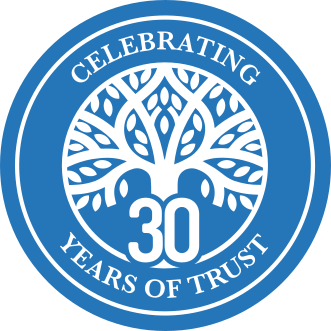

 English
English
 Tiếng Việt
Tiếng Việt



 Trung tâm Anh ngữ Apollo Việt Nam
Trung tâm Anh ngữ Apollo Việt Nam



-miLvgkuA1rT13CGj.jpg)

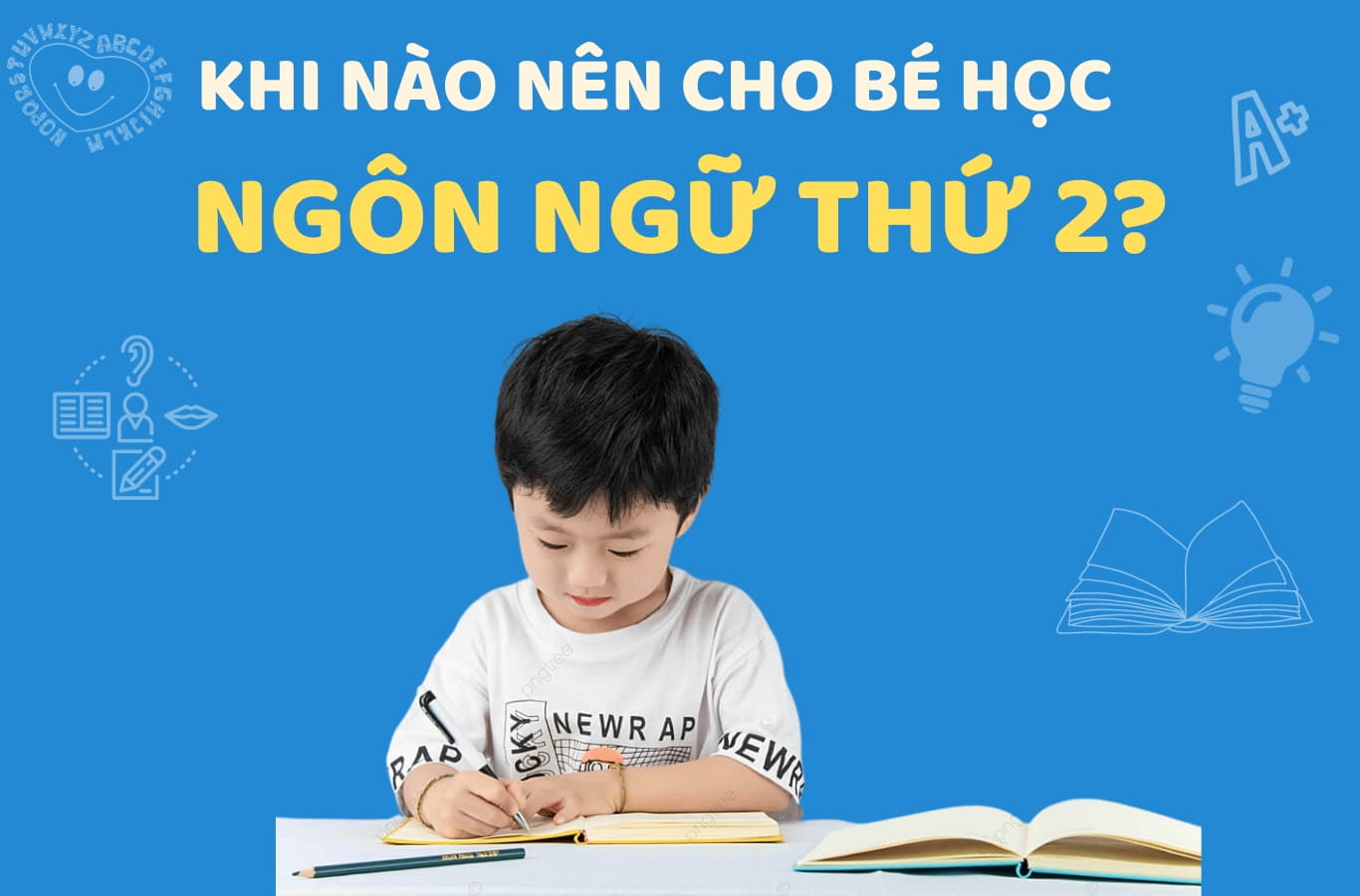
![350+ TỪ VỰNG TIẾNG ANH CHO BÉ THEO NHỮNG CHỦ ĐỀ QUEN THUỘC NHẤT [KÈM FLASHCARD]](/attachments/2023/12/tu-vung-tieng-anh-cho-be-M4HEgr4fSYlmqYF3.jpg)
